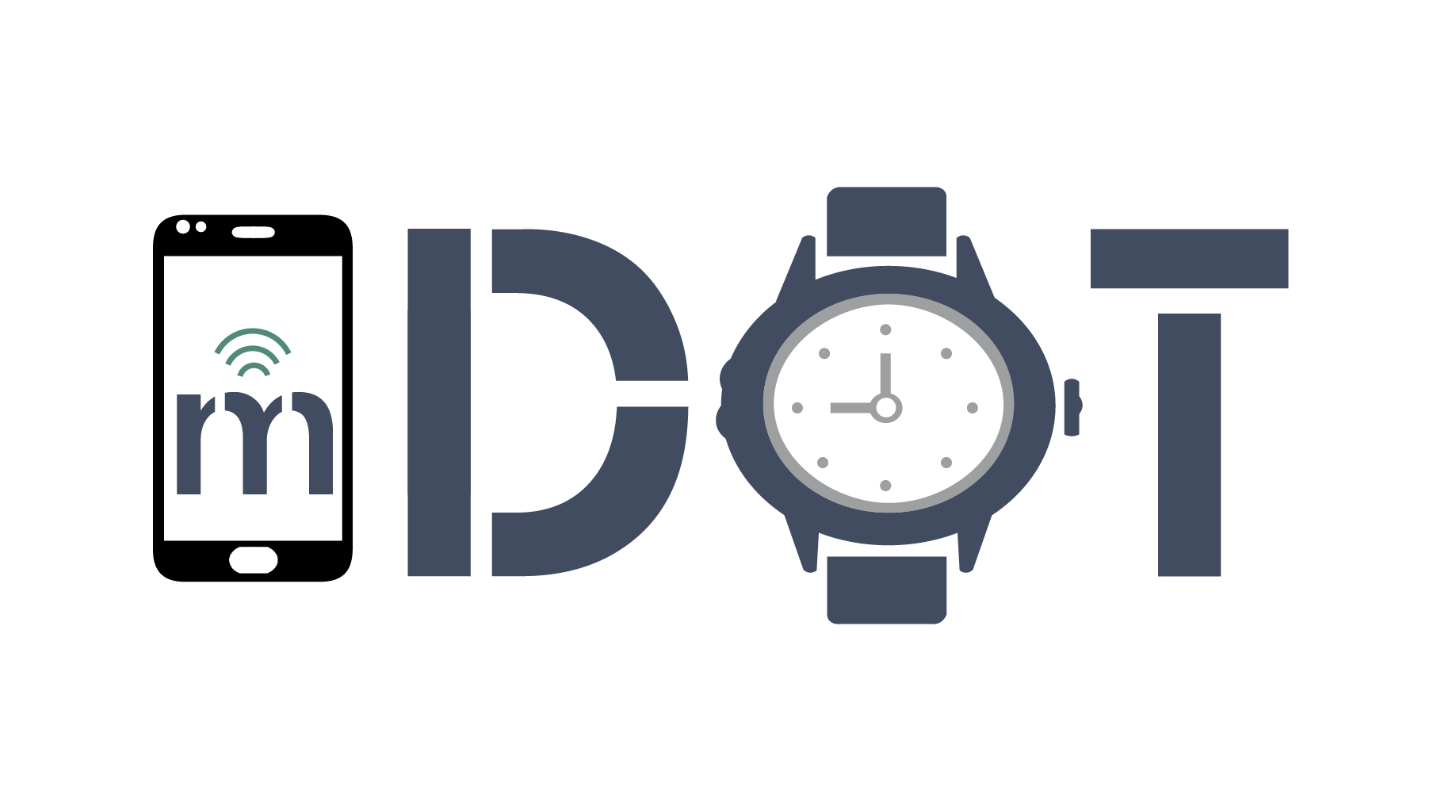
Breakthrough in Proactive Mental Health: Introducing ProMind-LLM, the AI Framework that Integrates Behavior and Mind
Mental health risk remains a critical global public health challenge, with approximately 25% of people globally experiencing a mental health issue. In the wake of global crises, the need for reliable, automated detection tools is more urgent than ever. While Large Language Models (LLMs) have shown immense promise for mental health applications, existing approaches have often relied exclusively on subjective textual records, which can be unreliable or inconsistent due to factors like transient mood or unwillingness to disclose accurate information.
To address these critical limitations, researchers have introduced ProMind-LLM, an innovative framework designed to deliver robust and interpretable mental health risk assessment.
Integrating Objective and Subjective Data
ProMind-LLM is the first LLM-based approach to integrate both objective behavioral data (like heart rate, sleep quality, and physical activity collected from wearable sensors) and subjective mental records (such as self-reported mood and stress). This dual-modality approach significantly enhances the reliability and accuracy of predictions.
The framework operates through a comprehensive pipeline built upon three key methodological components:
1. Domain-Specific Training: To equip the base LLM with the necessary mental health expertise, ProMind-LLM undergoes continuous pretraining (PT) on a curated corpus of professional mental health articles. This is followed by Counterfactual Learning-based Supervised Finetuning (SFT), which generates scenarios with misleading information to challenge the model and enhance its resilience against uncertainties inherent in subjective mental records.
2. Self-Refine Mechanism for Behavior Data: Processing behavior data, often presented as lengthy numerical sequences (e.g., heart rate readings), typically impedes LLM interpretation. ProMind-LLM mitigates this by proposing a self-refine mechanism. This innovative scheme allows the LLM to iteratively optimize the formatting of numerical data based on its own feedback, thereby reducing input token length while enhancing the model’s ability to interpret vital behavioral insights.
3. Causal Chain-of-Thought (CoT) Reasoning: To ensure high interpretability and robustness, ProMind-LLM utilizes a causal CoT scheme. This reasoning process leverages the intrinsic causal relations between objective behavior and subjective mental records. The system not only conducts a factual analysis but also employs counterfactual reasoning, exploring “what-if” scenarios (e.g., “What if the user’s sleep quality were poor?”) to strengthen causal understanding, refine judgments, and ultimately confirm the outcome’s reliability.
Validated Effectiveness and Pathway to Proactive Care
Extensive evaluations on two real-world datasets, PMData and Globem, confirm the substantial effectiveness of ProMind-LLM over general LLMs.
The two-stage domain-specific training strategy (PT+SFT) consistently resulted in significant performance improvements compared to SFT alone. In comparison with baseline models, ProMind-LLM achieves remarkable results:
• The framework achieves high outcome accuracy, achieving an F1 score of 0.765 for binary mental health issue classification on the Globem dataset.
• ProMind-LLM’s performance ranks second only to state-of-the-art commercial LLMs like GPT-4o, notably surpassing leading open-sourced LLMs that are ten times its size.
The success of ProMind-LLM demonstrates that integrating mental health knowledge into the base model and employing advanced reasoning capabilities allows it to match or exceed the performance of much larger counterparts. Moreover, the integration of objective behavioral data proved critical, underscoring its role as a necessary complementary modality to subjective self-reports.
The introduction of ProMind-LLM is anticipated to pave the way for more dependable, interpretable, and scalable mental health solutions, marking a significant step toward realizing ubiquitous proactive mental health care.
——————————————————————————–
Tags: Proactive Mental Health Care, Large Language Models (LLMs), Mental Health Risk Assessment, Causal Reasoning, Objective Behavior Data Integration, Sensor Data, Interpretability, Self-Refine Mechanism, LLM Frameworks.








